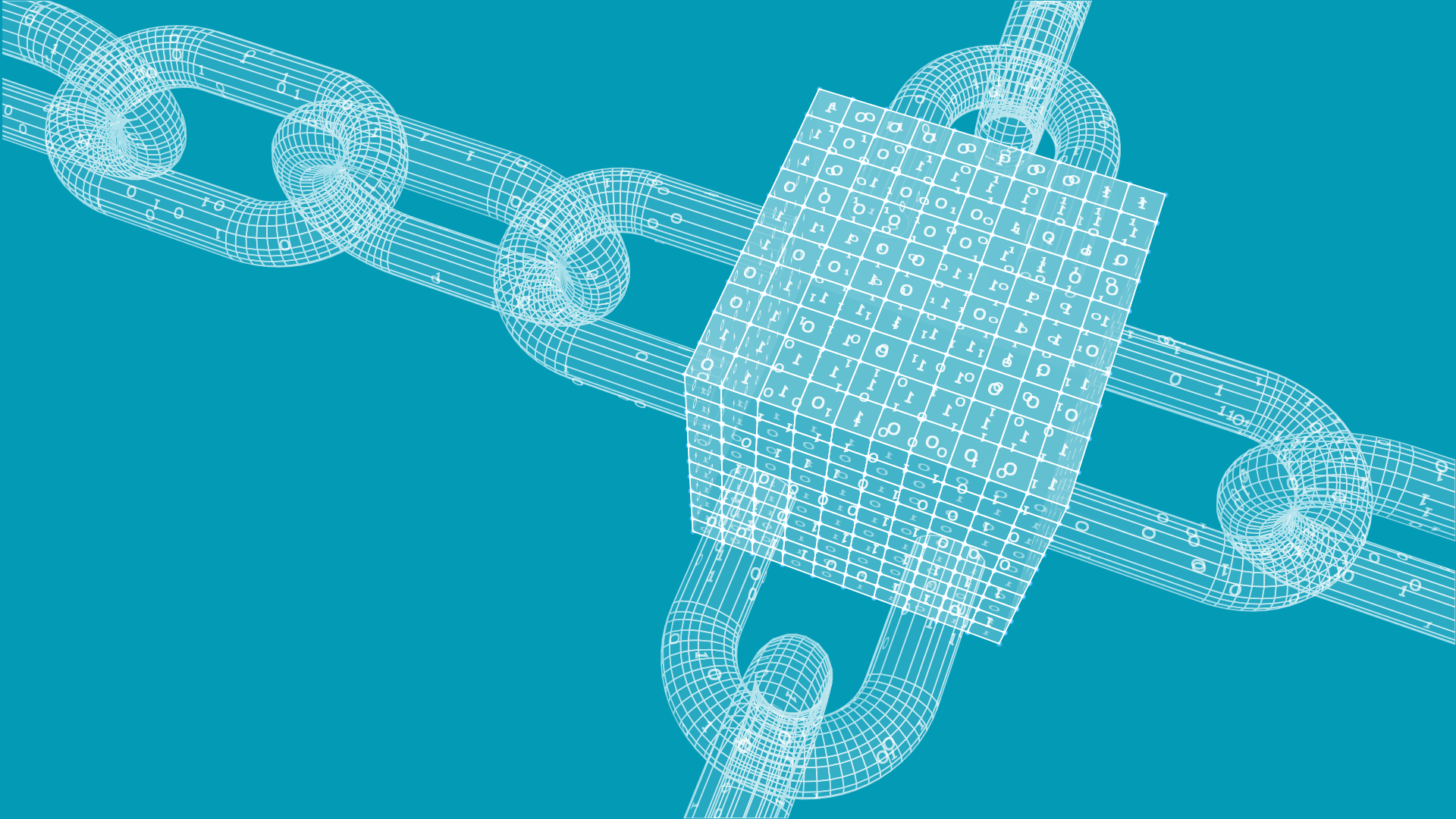
Blockchain Technology: How It Works and Its Uses Explained
- What is Blockchain?
- Defining Blockchain
- The Origin and Evolution of Blockchain Technology
- Importance of Blockchain in the Modern World
- How Blockchain Works
- Core Components of Blockchain
- Blockchain Process Step-by-Step
- 1. Data Recording
- 2. Block Validation
- 3. Adding to the Chain
- Consensus Mechanisms
- Proof of Work (PoW)
- Proof of Stake (PoS)
- Types of Blockchain
- Public Blockchain
- Private Blockchain
- Consortium and Hybrid Blockchain
- Applications of Blockchain Technology
- Cryptocurrency and Payments
- Supply Chain Management
- Healthcare Data Management
- Smart Contracts in Business
- Decentralized Finance (DeFi)
- Advantages of Blockchain
- Transparency and Security
- Enhanced Data Integrity
- Challenges of Blockchain
- Scalability Issues
- Energy Consumption
- Regulatory Concerns
- Future of Blockchain Technology
- Emerging Trends
- Integration with Other Technologies
- Conclusion

Blockchain technology has become a buzzword in today’s digital era, yet it remains a concept that many find confusing. Simply put, blockchain is a revolutionary system for recording and verifying information in a way that is secure, transparent, and decentralized. But what makes it so impactful? Let’s dive into the world of blockchain to understand its mechanics and its game-changing applications across industries.
What is Blockchain?
Defining Blockchain
At its core, a blockchain is a digital ledger. Think of it as a series of records, or 'blocks,' connected in a chronological chain. Each block contains data, a timestamp, and a cryptographic hash of the previous block, which creates a tamper-proof system.
The Origin and Evolution of Blockchain Technology
Blockchain’s origins trace back to 1991, but it gained widespread attention with the introduction of Bitcoin in 2008. Satoshi Nakamoto, the pseudonymous creator of Bitcoin, designed blockchain as the foundational technology behind the cryptocurrency. Over time, blockchain has expanded beyond cryptocurrencies, finding applications in industries such as healthcare, logistics, and finance.
Importance of Blockchain in the Modern World
Blockchain has changed the way we think about data security and trust in digital systems. In an era of growing cyber threats and data breaches, blockchain offers a solution that prioritizes transparency and decentralization. From streamlining financial transactions to safeguarding sensitive medical data, blockchain has become indispensable for ensuring both trust and efficiency.
How Blockchain Works
Core Components of Blockchain
Blocks, Transactions, and Hashes
A block is essentially a collection of transactions. When a transaction is initiated, it gets grouped into a block. Each block also contains a hash—a unique code generated through cryptographic algorithms and a reference to the hash of the previous block, forming an unbreakable chain.
Distributed Ledger System
Unlike traditional databases, blockchain operates as a distributed ledger. This means copies of the blockchain are stored across multiple computers (nodes) in the network. If one copy is altered, it will be rejected by the rest of the network, ensuring both security and immutability.
Blockchain Process Step-by-Step
1. Data Recording
When a transaction occurs, it is recorded and verified by the participants in the network.
2. Block Validation
The transaction is grouped with others to form a block. Nodes in the network must reach consensus to confirm that the block's data is valid.
3. Adding to the Chain
Once validated, the block is added to the chain, forming a permanent, unalterable record.
Consensus Mechanisms
Proof of Work (PoW)
Proof of Work (PoW) is the consensus mechanism used by Bitcoin. It requires nodes, or miners, to solve complex mathematical problems in order to validate transactions and add them to the blockchain. While highly secure, PoW is also energy-intensive.
Proof of Stake (PoS)
Proof of Stake (PoS), an alternative to Proof of Work (PoW), selects validators based on the number of coins they hold. This method is less energy-intensive and is used by newer blockchain platforms, such as Ethereum 2.0.
Types of Blockchain
Public Blockchain
Public blockchains, such as Bitcoin and Ethereum, are open to anyone. They are decentralized, transparent, and secure, though they often face scalability challenges.
Private Blockchain
Private blockchains are restricted to specific users and are often used by businesses for internal operations. They offer better control but provide less transparency.
Consortium and Hybrid Blockchain
These types combine the best features of both public and private blockchains and are often used in collaborative projects involving multiple organizations.
Applications of Blockchain Technology
Cryptocurrency and Payments
Cryptocurrencies like Bitcoin and Ethereum are the most well-known applications of blockchain. These digital currencies operate on decentralized networks, enabling secure and transparent peer-to-peer transactions without the need for intermediaries like banks. Beyond cryptocurrencies, blockchain also facilitates international payments, reducing both costs and settlement times.
Supply Chain Management
Blockchain offers unparalleled transparency in supply chains. By recording each step of a product’s journey on an immutable ledger, businesses can track goods from production to delivery. This reduces fraud, ensures authenticity, and enhances efficiency. For example, Walmart uses blockchain to trace food products and quickly identify sources of contamination.
Healthcare Data Management
In healthcare, blockchain ensures the secure storage and sharing of patient data. Sensitive medical records can be encrypted and accessed only by authorized parties, enhancing privacy while enabling seamless data exchange among healthcare providers. This can lead to faster diagnoses, better treatments, and improved patient outcomes.
Smart Contracts in Business
Smart contracts are self-executing agreements with terms written directly into code. They automatically enforce obligations without the need for intermediaries, reducing costs and delays. Smart contracts are transforming industries like real estate by streamlining property sales and rental agreements.
Decentralized Finance (DeFi)
DeFi leverages blockchain to provide financial services such as lending, borrowing, and trading without the need for traditional banks. With platforms like Uniswap and Aave, users can engage in peer-to-peer transactions, often benefiting from lower fees and greater transparency compared to conventional financial systems.
Advantages of Blockchain
Transparency and Security
Blockchain's decentralized nature ensures that data is accessible and verifiable by all participants in the network. The use of cryptographic hashes makes the system highly secure, as altering any data would require modifications across the entire blockchain, a task that is virtually impossible.
Decentralization
Unlike traditional systems controlled by a central authority, blockchain operates on a peer-to-peer network. This decentralization reduces the risk of single points of failure and makes the system more resilient to attacks.
Enhanced Data Integrity
Data on a blockchain is immutable, meaning it cannot be altered once recorded. This ensures the integrity of information, making blockchain a trusted solution for sensitive applications such as voting systems, financial records, and legal documents.
Challenges of Blockchain
Scalability Issues
One of blockchain's major challenges is scalability. Public blockchains like Bitcoin and Ethereum struggle to process large volumes of transactions quickly, resulting in delays and high fees during peak usage periods.
Energy Consumption
Blockchain systems that use Proof of Work (PoW) require significant computational power, consuming vast amounts of energy. This has raised concerns about their environmental impact, leading to the development of more energy-efficient alternatives like Proof of Stake (PoS).
Regulatory Concerns
As blockchain disrupts traditional industries, it raises questions about compliance with existing laws and regulations. Governments around the world are grappling with how to regulate blockchain without stifling innovation, particularly in areas like cryptocurrency and data privacy.
Future of Blockchain Technology
Emerging Trends
Blockchain is continually evolving, with emerging trends shaping its future. For example, Non-Fungible Tokens (NFTs) have gained popularity for tokenizing digital art and collectibles. At the same time, the rise of Web3 promises a decentralized internet where users have greater control over their data.
Integration with Other Technologies
Blockchain is increasingly being integrated with other cutting-edge technologies. When combined with Artificial Intelligence (AI), it can automate processes and enhance decision-making. Similarly, the Internet of Things (IoT) benefits from blockchain's secure data-sharing capabilities, enhancing connected device ecosystems.
Conclusion
Blockchain technology is far more than the backbone of cryptocurrencies. It’s a transformative innovation with applications across countless industries, from finance to healthcare and beyond. As the technology matures and overcomes challenges like scalability and energy consumption, its potential will only grow. Blockchain represents not just a technological revolution but a societal shift toward transparency, trust, and decentralization.
